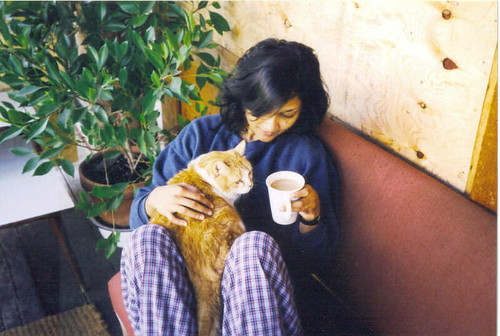Dodger
by Terry Pratchett
Pratchett's 50th novel, Dodger, is set not in the fantastical Discworld but in Victorian London with its nobs and downtrodden, heroines and villains, not to mention Benjamin Disraeli (PM of GB), Sir Joseph Bazalgette (Sewer Network Engineer), Henry Mayhew (social researcher and co-founder of Punch magazine), Sir Robert Peel (Metropolitan Police), and Charles Dickens himself.
The story is rather straightforward and predictable - young Dodger,a street urchin, can do no wrong despite living in the slums, orphaned, and resorting to thieving, and finally settling for rummaging in the sewers for 'lost' objects of value. He has the necessary skills to survive, has the beautiful heart to be generous, plus has a mandatory mentor who shares his living quarters with his dog Onan and the enigmatic Dodger . (If the dog's name is curious, the author urges us to 'google it').
Young Ms. Simplicity escapes from a loveless and abusive marriage to a rich and powerful European but is tracked and beaten up in London, somewhere near Dodger's usual haunt. Gallant and quick as he is, he saves the lady, who is then escorted by Henry Mayhew to his own home where his wife cares for such 'cases'.
Dodger grows very fond of Ms.Simplicity, who reciprocates in kind. Ms. Simplicity is not just any girl, a runaway - politics is involved, wars can start if she is not returned to her lawful husband. But, is it right to send her back to die?
Enter 'Charlie' Charles Dickens, with whose help Dodger quickly climbs up the social ladder, thanks to Ms. Burdett-Coutts and the right concatenation of events. It seems Dodger is favored by The Lady (of the Sewers) as well.
After a slightly tough start (for me, reading-wise), Pratchett's characteristic wit takes over and the story unfolds with the usual humor and twists that make it such a pleasure. The confusing contradictions of the Victorian England - women's place in society, the class distinction, the tenuous relationships between countries... all make for an interesting backdrop for the story.
Solomon, Dodger's mentor and landlord, is full of wisdom, dropping gems at the right moment, hinting at his exotic and checkered past just enough to preserve the air of mystery.
All's well that ends well. Boy gets the girl, villains are thwarted and justice prevails, sort of.
[image source: http://terrypratchett.co.uk/index.php/us/books/dodger]
Labels: book review, fiction, Terry Pratchett
















 It is no secret that I love
It is no secret that I love 







